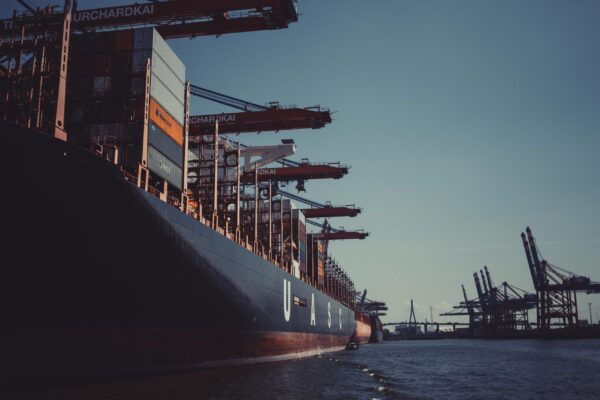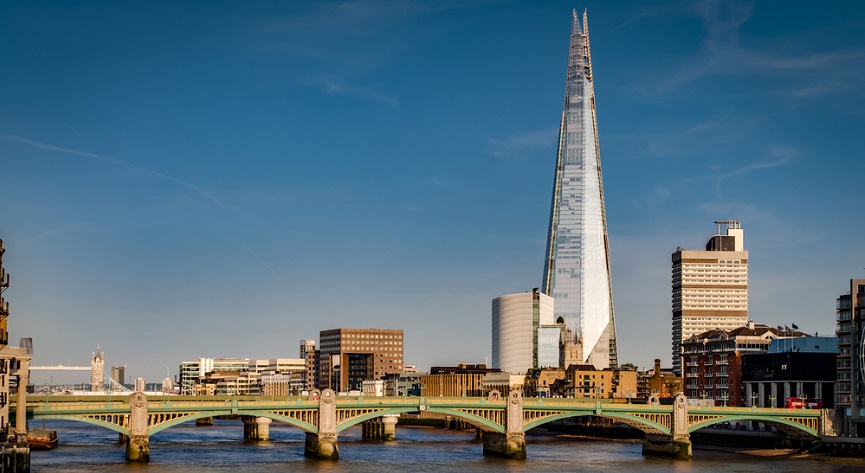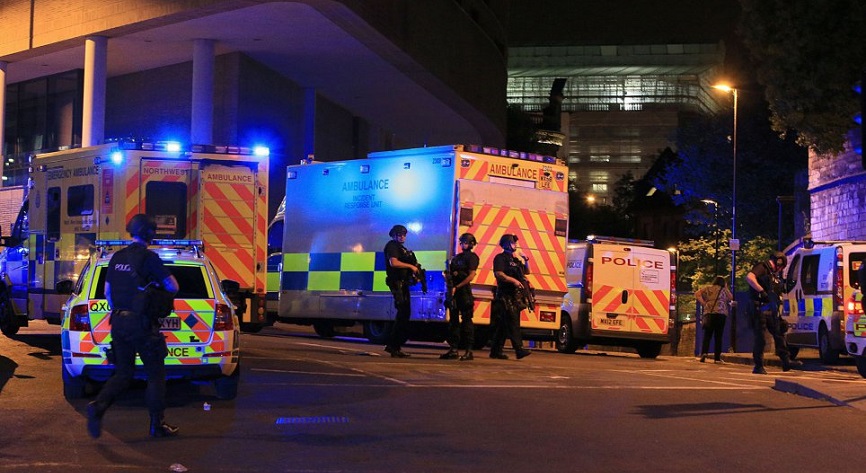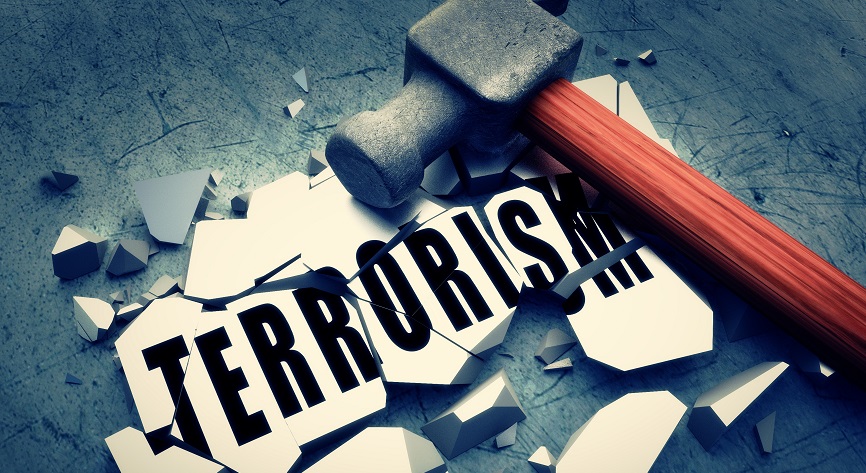In the wake of the tragic terrorist attack in Tunis which killed a number of cruise ship passengers, Steven Jones looks at how the industry is reassessing the risks it faces.
As the “MSC Splendida” and “Costa Fascinosa” arrived in the capital, Tunis, tourists spilled out and headed to the usual hotspots. Almost immediately they were caught up in a brutal massacre as jihadi gunmen disguised as soldiers sprayed bullets at the scores of Western holiday makers. In total 19 died and many more were injured.
Security ashore
It can perhaps be a little bewildering when stepping from the cossetted luxury of the latest giant cruise ship into a new port of call, but of course each has their own harsh realities which can seriously impact visitors.
Eqypt has long suffered from terror attacks in its Red Sea tourist resorts, and Mexico and some Caribbean islands have seen cruise ship passengers robbed, raped and even murdered. The sunny, smiling image of the cruise idyll does not always sit well alongside the real conditions of the countries being visited.
Tunisia has now perhaps seen the 360 degree ripple of the effect which itself started with the Jasmine Revolution which set off the domino effect of the Arab Spring. With the collapse of regional partners and rise of Islamic State, it has perhaps been a country very close to, if not in the firing line.

Security advice
According to the UK Government, there is a high threat from terrorism, including kidnapping. Attacks could be indiscriminate, including in places visited by foreigners. After the attack at the Bardo museum in the centre of Tunis the UK believes that further attacks are possible.
While the US advice is that, terrorism also remains a significant concern. Tunisian nationals have been involved in international terrorism, and international terrorist organisations have on multiple occasions called for attacks in North Africa, including in Tunisia.
So was the risk of attack properly assessed by the cruise company, tour operator, and did the tourists themselves have access to sufficient information to make an informed decision?
Avoiding problems
Cruise operators have a duty of care for the passengers on board the vessel and they will organise trips on behalf of passengers. Some experts believe that it would be difficult to hold a cruise operator or the tour operator liable for events such as terror attacks as there may be no way of envisaging such a terrible event.
Given the wealth of risk analysis tools, or guidance from governments and the responsibility imposed by the International Ship and Port Facility Security (ISPS) Code, there is a real emphasis and impetus behind cruise lines analysing risks effectively and of guiding passengers accordingly.
The trust and blind faith that passengers can sometimes display means that the duty of care which cruise operators have to extend to their passengers runs even deeper than perhaps may reasonably be expected. There can be a naivety displayed by some cruise passengers, and they may need protecting not just from criminals and terrorists, but from themselves.






















